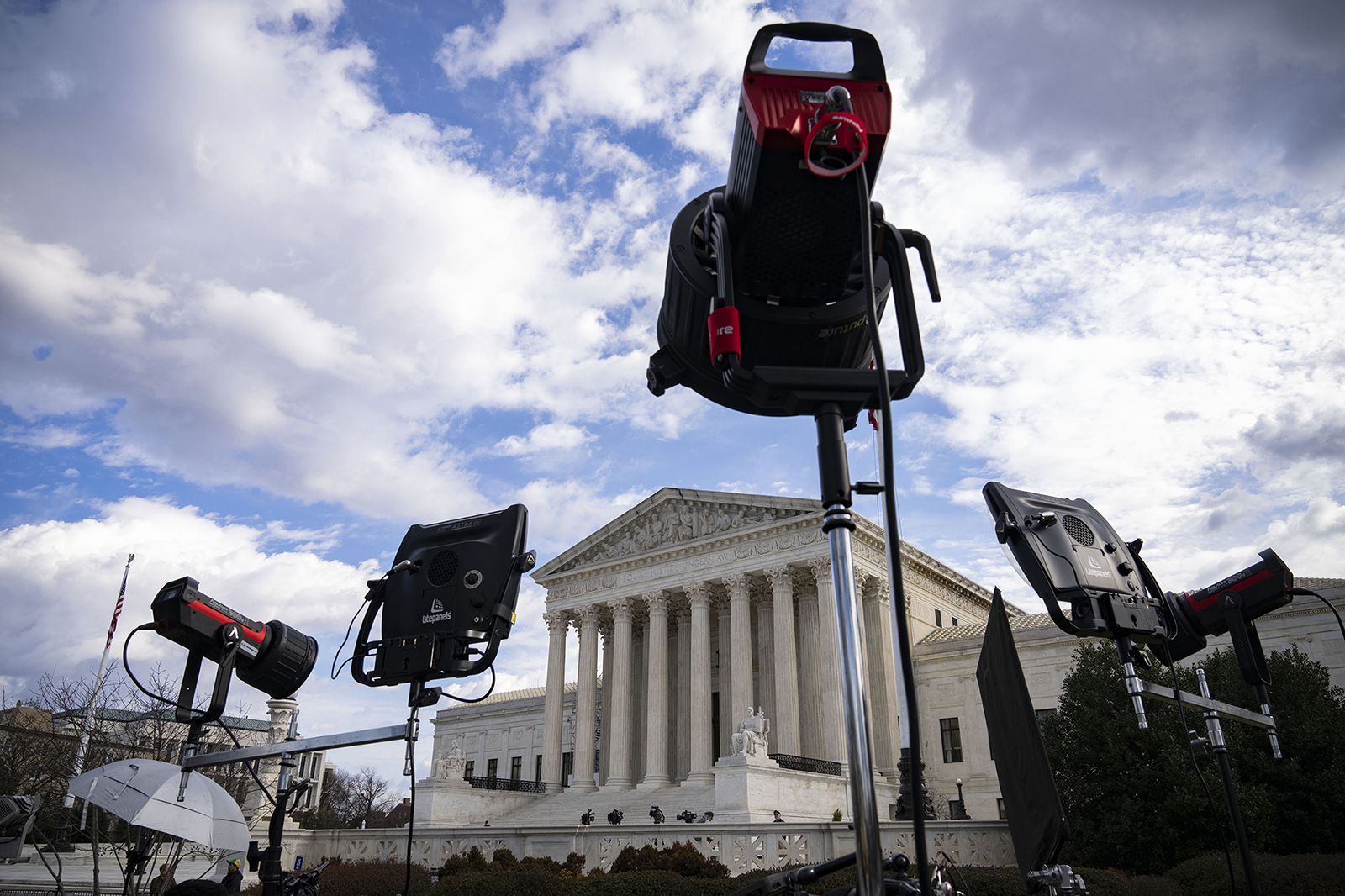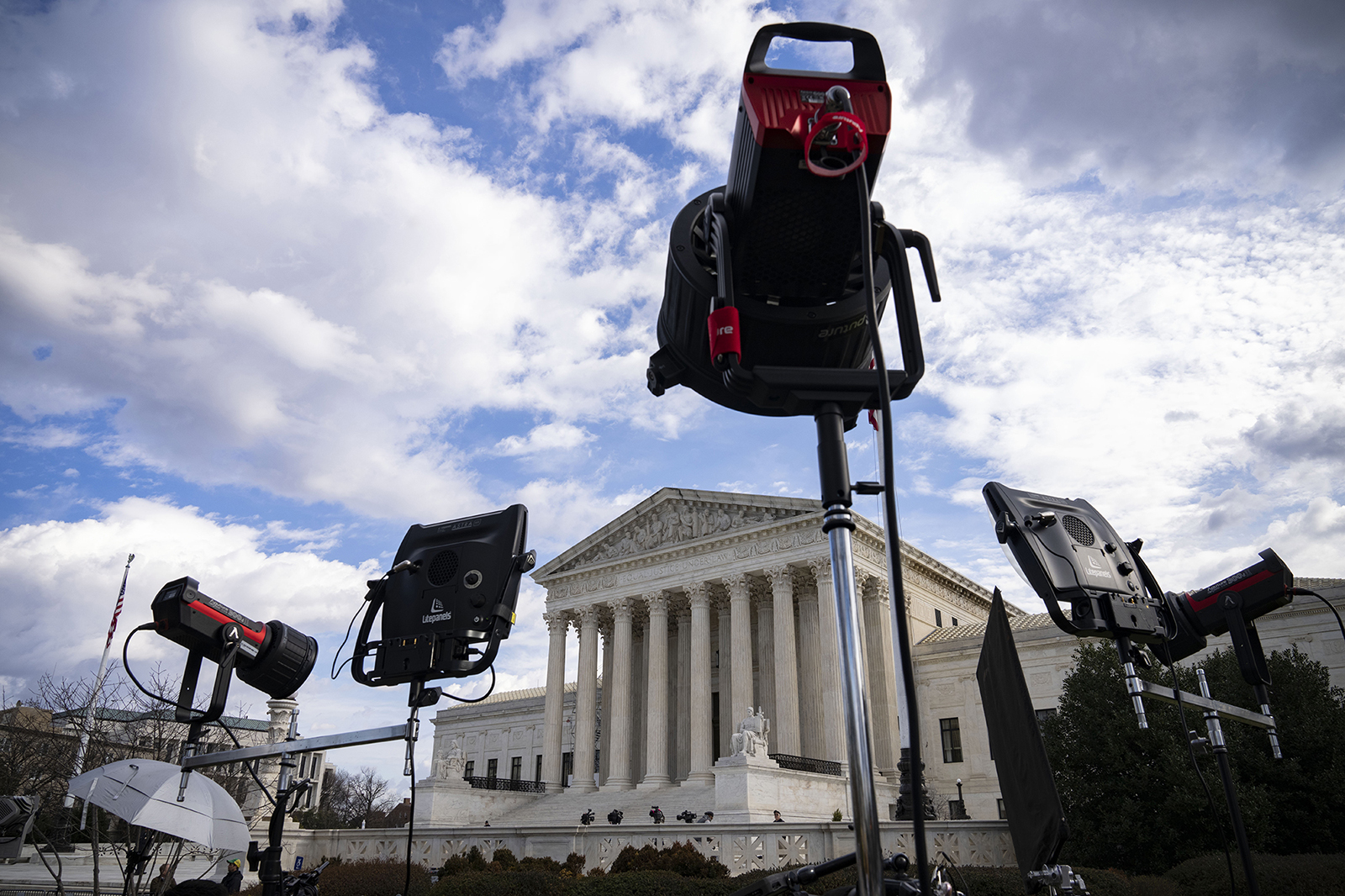
Supreme Court justices appeared broadly concerned Tuesday about the potential unintended consequences of allowing websites to be sued for their automatic recommendations of user content, highlighting the challenges facing attorneys that want to hold Google accountable for suggesting YouTube videos created by terrorist groups.
For nearly three hours, the nine justices peppered attorneys representing Google, the US government and the family of Nohemi Gonzalez, an American student killed in a 2015 ISIS attack in Paris, with questions about how the court could design a ruling that exposes harmful content recommendations to liability while still protecting innocuous ones.
How – or if – the court draws that line could have significant implications for the way websites choose to rank, display and promote content to their users as they seek to avoid a litigation minefield.
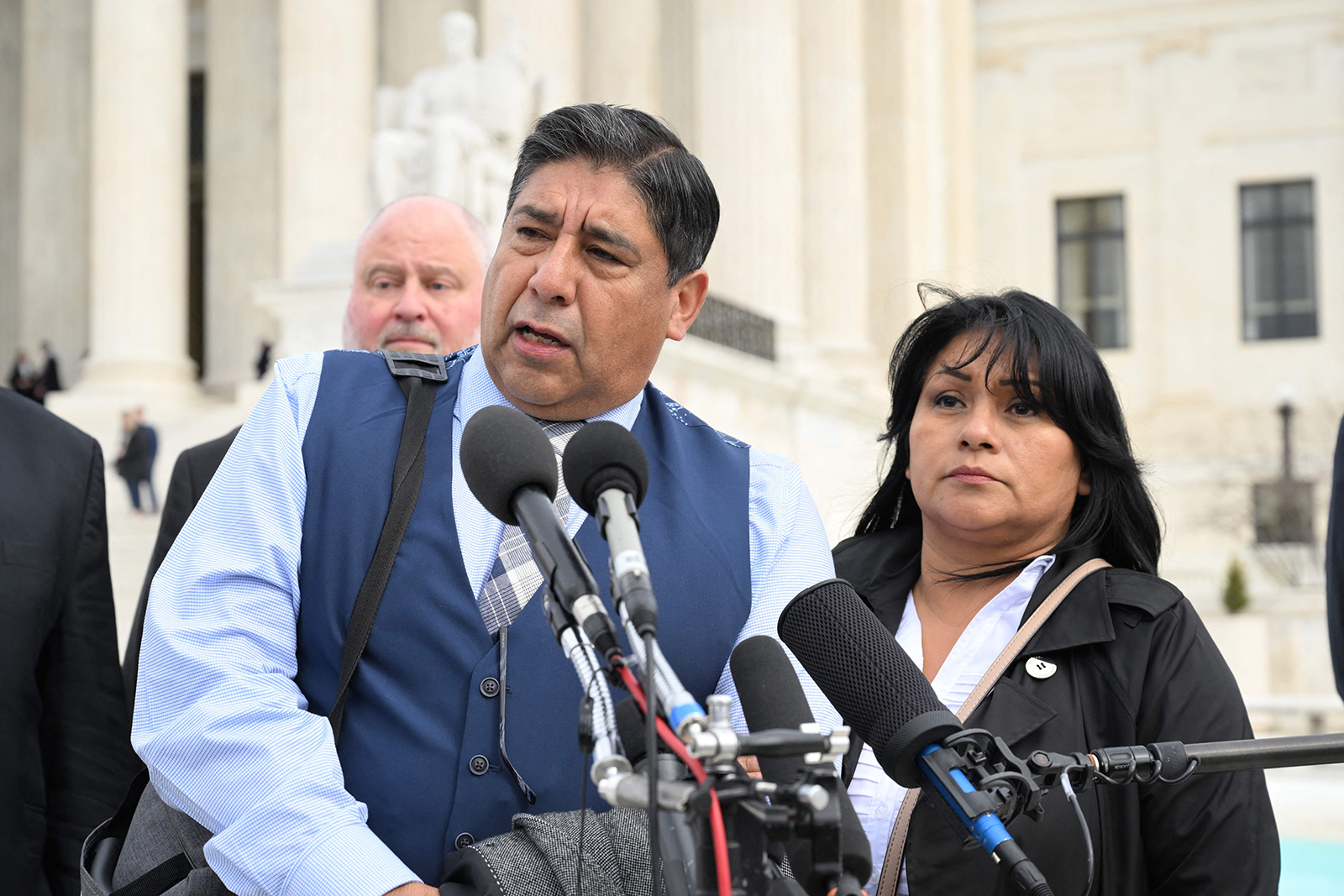
The attorney for the Gonzalez family argued that narrowing Section 230 of the Communications Decency Act — the federal law protecting websites’ right to moderate their platforms as they see fit — would not lead to sweeping consequences for the internet. But both the court’s liberals and conservatives worried about the impact of such a decision on everything from “pilaf [recipes] from Uzbekistan” to individual users of YouTube, Twitter and other social media platforms.
Justices are worried about a wave of lawsuits and disruption to the internet: A big concern of the justices seems to be the waves of lawsuits that could happen if the court rules against Google.
“Lawsuits will be nonstop,” Justice Brett Kavanaugh said at one point.
But Eric Schnapper, representing the plaintiffs, argued a ruling for Gonzalez would not have far-reaching effects because even if websites could face new liability as a result of the ruling, most suits would likely be thrown out anyway.
“The implications are limited,” Schnapper said, “because the kinds of circumstance in which a recommendation would be actionable are limited.”
Later, Justice Elena Kagan warned that narrowing Section 230 could lead to a wave of lawsuits, even if many of them would eventually be thrown out, in a line of questioning with US Deputy Solicitor General Malcolm Stewart.
“You are creating a world of lawsuits,” Kagan said. “Really, anytime you have content, you also have these presentational and prioritization choices that can be subject to suit.”
Chief Justice John Roberts mused that under a narrowed version of Section 230, terrorism-related cases might only be a small share of a much wider range of future lawsuits against websites alleging antitrust violations, discrimination, defamation and infliction of emotional distress, just to name a few.
Read more takeaways here and watch CNN’s Jessica Schneider break down the case:
Author Profile
- "Far Left" Bias Rating
- The Cable News Network is a multinational cable news channel headquartered in Atlanta, Georgia, U.S. Founded in 1980 by American media proprietor Ted Turner and Reese Schonfeld as a 24-hour cable news channel.
Latest entries
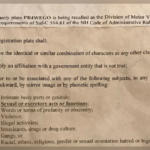 HeadlinesAugust 17, 2024A mom with a license plate that reads 'PB4WEGO' wins a battle with the state to keep it
HeadlinesAugust 17, 2024A mom with a license plate that reads 'PB4WEGO' wins a battle with the state to keep it HeadlinesAugust 3, 20243 alleged gang members and an associate charged in the fatal shooting of an off-duty LAPD officer
HeadlinesAugust 3, 20243 alleged gang members and an associate charged in the fatal shooting of an off-duty LAPD officer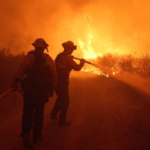 HeadlinesJuly 16, 2024June 18 2024: US heat wave news
HeadlinesJuly 16, 2024June 18 2024: US heat wave news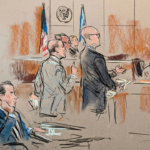 HeadlinesJuly 11, 2024Jury begins deliberations in Hunter Biden's federal gun trial
HeadlinesJuly 11, 2024Jury begins deliberations in Hunter Biden's federal gun trial

